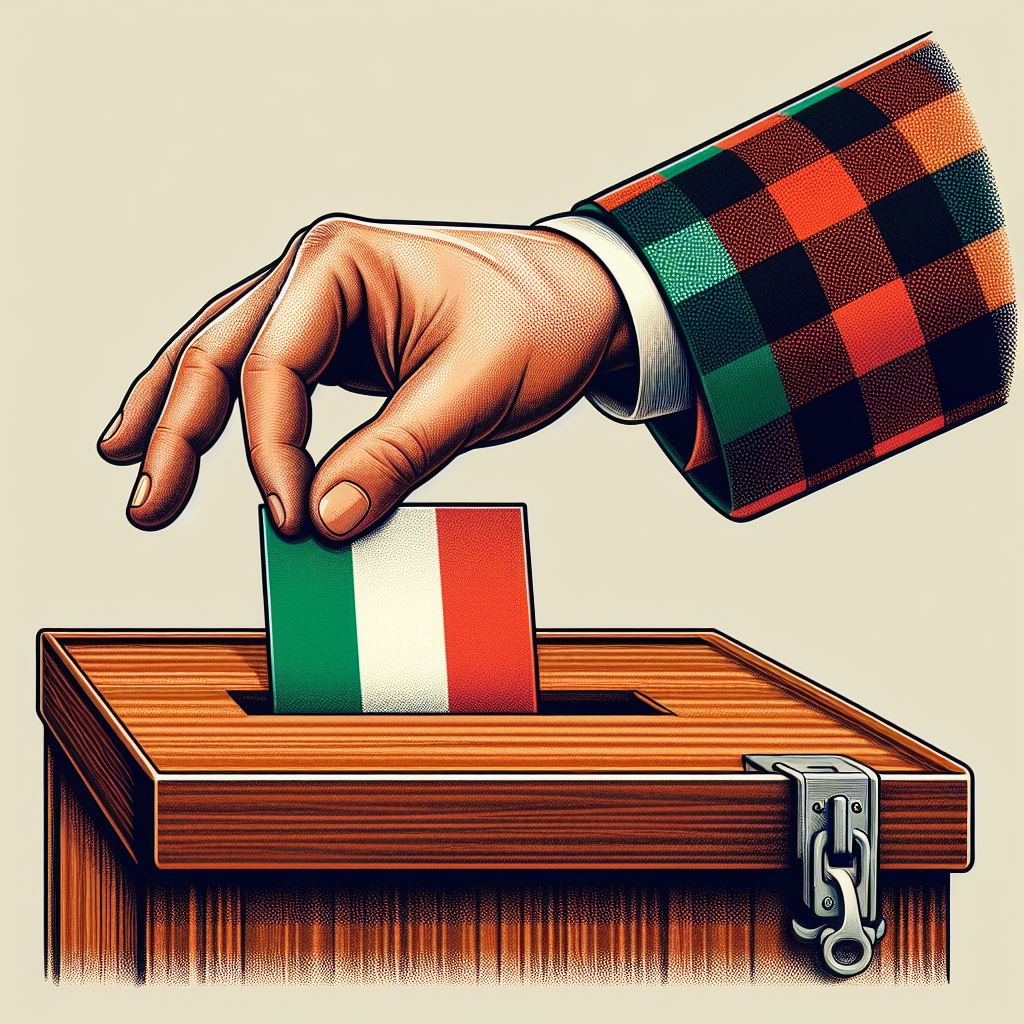Italy
Italy: in southern region, one vote costs only 50 euro for organized crime

How organized are the crime control elections in southern Italy? Several investigations are underway, especially in Puglia, and these investigations revolve around regional and city government in Bari, highlighting many dark aspects of politics in the South. Unfortunately, the international press does not report these news stories because the administration is very close to the mainstream left, that controls the foreign press in Italy.
Clearly revealing to investigators the system of buying and selling votes in the Apulian regional and municipal elections in Grumo Appula and Triggiano, he was a member of the alleged crime clan who, according to Bari prosecutors, rewarded voters with 50 euros for each vote, as reported by the newspaper La Verità and from several TV.
A “turncoat” who first provided the Guardia di Finanza, Italian tax police, with confirmation of what had already emerged during the investigation but then denied to magistrates the contents of the interview, which had, however, been recorded by one of the policemen. And the attempt to slip out of the game cost Armando De Francesco a charge of slander.
On Feb. 8, 2021, De Francesco contacted financial police Chief Marshal Gerardo Leone via Facebook, offering him information about what De Francesco said was his interlocutor’s “worst enemy,” Alessandro Cataldo, founder of the political movement “Sud al Centro” and husband of what, until yesterday’s resignation, was the Puglia Region’s transport councillor, Anita Maurodinoia. De Francesco tells Leone that he was Cataldo’s right-hand man.
A database comprising 2,000 voter names, along with photocopies of voter cards and ID documents, was purportedly used by the ringleaders to militarily control the choices made at polling places during the election, as one of those detained disclosed to investigators during the course of the investigation. The remand order, above all, makes clear that there is a “system designed by Cataldo to control.
De Francesco explained the system to the financier as follows: “Then he used me because, among the young people, I had many friendships We paid 50 euros per vote, How did he see and know if you had voted or not? Meanwhile, the first phase consisted of this: recruiting voters and getting photocopied ID cards and phone numbers.”
These numbers were put into a database in a computer and checked until the day before voting. If you voted on Sunday, on Saturday people would say, “but when do you call us?When do you…” because we didn’t say, “leave your documents, then we will call.” We used to contact them all; I mean, on Friday, we used to say, “See you tomorrow; you have to come at this time, at this time, at this location.”.
Checking the vote was done in a simple way: checking the position where the mark was put on the ballot, for example, having the name of the candidate written in a certain way, and so on. Each small group of votes from the same family was checked perfectly, almost scientifically, by assigning special marks that were then checked when the ballots were counted.
So the organized crime bosses controlled who the votes went to in a perfect way and paid exactly for the votes they came to control.
All this puts a shadow on the electoral system in southern Italy and explains how many candidates and local governments are susceptible to criminal pressure.






